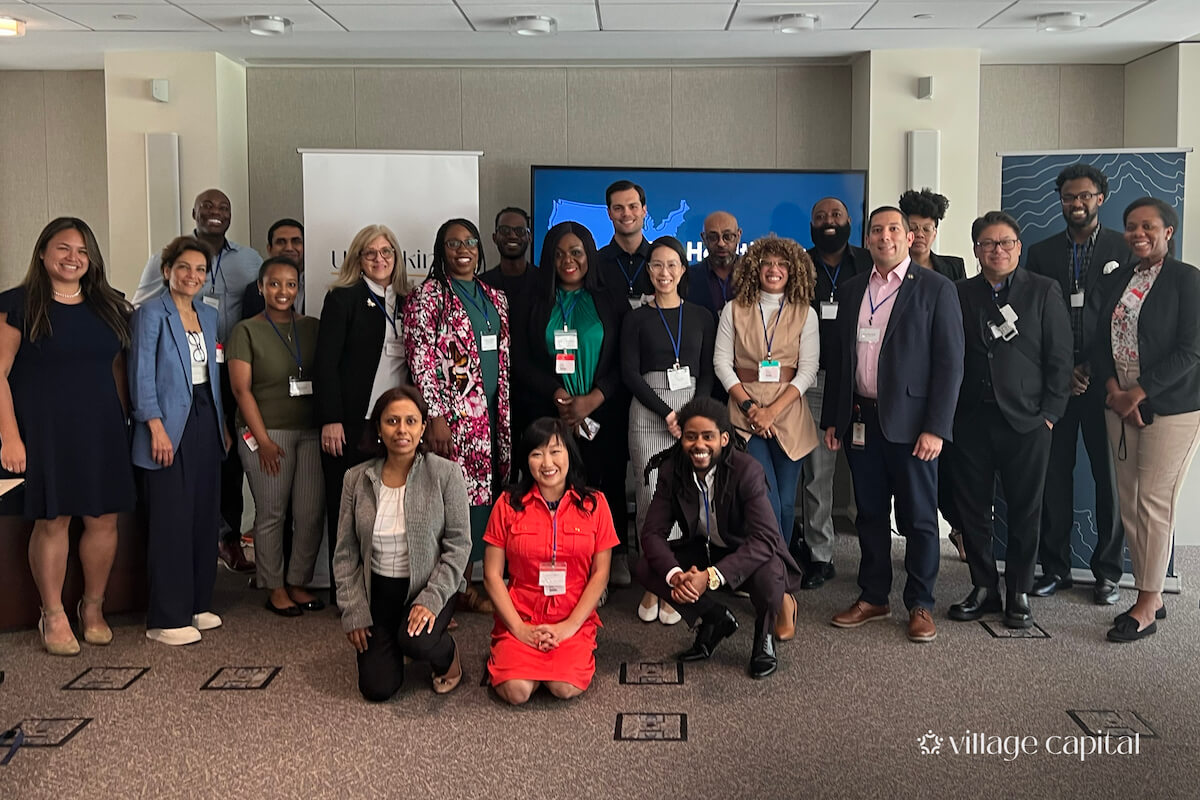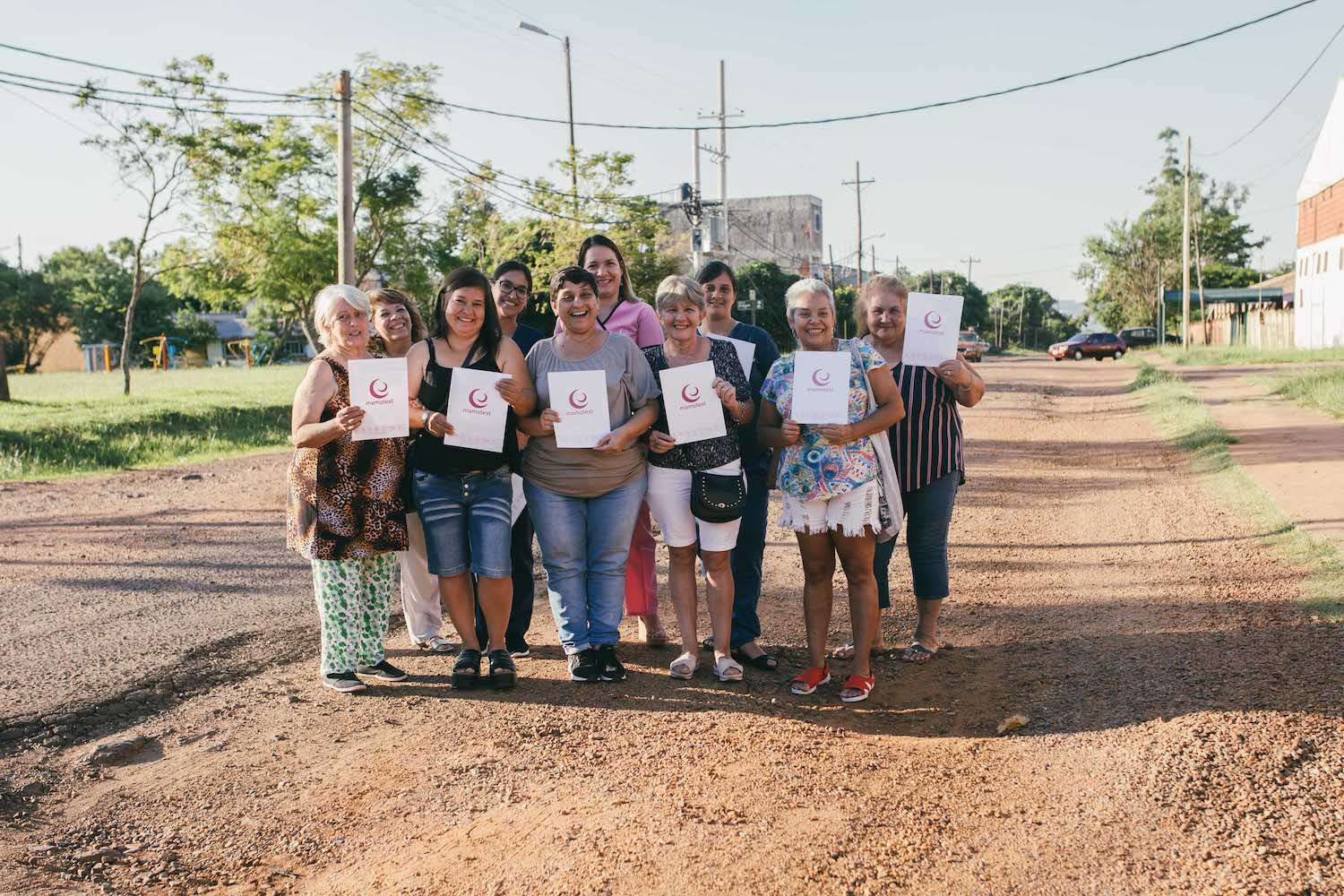This interview is part of a partnership between ImpactAlpha and Mission Investors Exchange to present new ideas and perspectives in impact investing. Join us at the MIE 2022 National Conference in Baltimore, December 5-7. If you are an MIE member, foundation or other philanthropic asset owner, learn more and register here.
We are in the midst of a climate crisis, with extreme weather events proliferating at a rapid and troubling pace. In recent months, we have witnessed unbearable heat waves across the globe; prolonged droughts in much of the world; famine-like conditions in parts of Africa; and incidents of extreme flooding, as in Pakistan.
Stabilizing the climate is possible, but the window to act is closing. The world must quickly accelerate efforts to halve greenhouse gas emissions by 2030 and to ensure net zero emissions by 2050 to prevent a worst-case climate scenario.
At the John D. and Catherine T. MacArthur Foundation, we acknowledge the urgency of this moment, and the ambition that is needed to tackle this existential challenge. That is why we are employing multiple tools and resources across the full spectrum of capital, including significant grant-making, impact investing, and sustainable investments through our core investment portfolio.
Climate grants
Since the 1980s, MacArthur has provided grants to advance conservation and climate efforts, including pioneering work around biodiversity. The current iteration of this long standing support, our Climate Solutions Big Bet, has deployed more than $450 million in grants since its inception, with plans for an additional $200 million in awards over the next several years. We are focused on reducing greenhouse gas emissions from energy-related sources, emphasizing support for subnational work in key cities, states, and regions across the world, with heightened attention to the United States and India.
In addition, we support the active participation of communities most affected by the climate crisis, as we have done with the Hive Fund for Climate and Gender Justice, and the Climate and Clean Energy Equity Fund. Centering equity in our climate work, which recognizes the interconnectedness between improvements in livelihoods and a stable climate, is foundational to our overall approach, and aligns with MacArthur’s Just Imperative.
As part of our Climate Solutions grant-making, we also support awards that can play an important role in accelerating climate solutions in the private sector. This includes capacity support and design funding for:
- the development of the Climate Finance Partnership;
- grant-making to help develop and make widely accessible tools like CRANE, which assesses the emissions reduction potential of climate-relevant technologies;
- ongoing support for key networks, such as CREO, which has brought together a community of leading climate investors seeking to mobilize $1 trillion into sustainability solutions; and
- a project preparation facility, the U.S. India Clean Energy Finance Facility, or USICEF, that has helped mobilize more than $280 million in clean energy investments in India.
Driving climate solutions
We also believe that our institution must deploy investments for climate solutions in addition to our grant support. This includes complementary approaches for “impact-first” catalytic capital alongside “returns-first” sustainable investments.
Members of our Impact Investments team are embedded within MacArthur’s program teams such as Climate Solutions to ensure strategic alignment, a practice which began in 2015. Examples of our climate relevant catalytic capital investments include, among many other efforts, support for innovation with Azolla Ventures, the deployment of clean energy and energy efficiency solutions in historically marginalized communities in the United States with Inclusive Prosperity Capital, and the acceleration of rooftop solar in India with Encourage Solar Finance. Like our grantmaking support in this area, our impact investments prioritize equitable climate solutions.
In recent years, we have taken significant steps to increase the alignment of our endowment portfolio with our programmatic goals, mission, and values. For example, we discontinued private fossil fuel related investments, modified our derivative strategy to use fossil free indexes in the United States, and allocated a portion of the portfolio to invest in sustainable investments, both public and private, with the goal of reaching five percent of the overall portfolio over time.
For our sustainable investments, we are evaluating managers across investment strategies including venture, growth equity, traditional private equity, and value add infrastructure, and will select managers based primarily on their ability to generate competitive risk-adjusted returns while having potential positive impact. Ultimately, we believe that the global energy transition will translate into significant investment opportunities for experienced managers who can identify sectors, companies, and assets that can generate strong risk adjusted returns as well as positive environmental benefits.
Looking ahead
The full continuum of capital—from grants, including those that stimulate private-sector activity, to catalytic capital, to sustainable investments—is essential to achieving the United Nations Sustainable Development Goals, especially as they relate to climate action. This moment could not be more significant, and MacArthur is increasing our level of urgency accordingly. Our work to date is only a start, as so much more is needed across the public, private, and philanthropic sectors. The crisis is here, and the time for action is now.
John Balbach is the director of impact investments at the MacArthur Foundation. Caixia Ziegler is the managing director of real assets and sustainable investments, and Jorgen Thomsen is the director of climate solutions.











